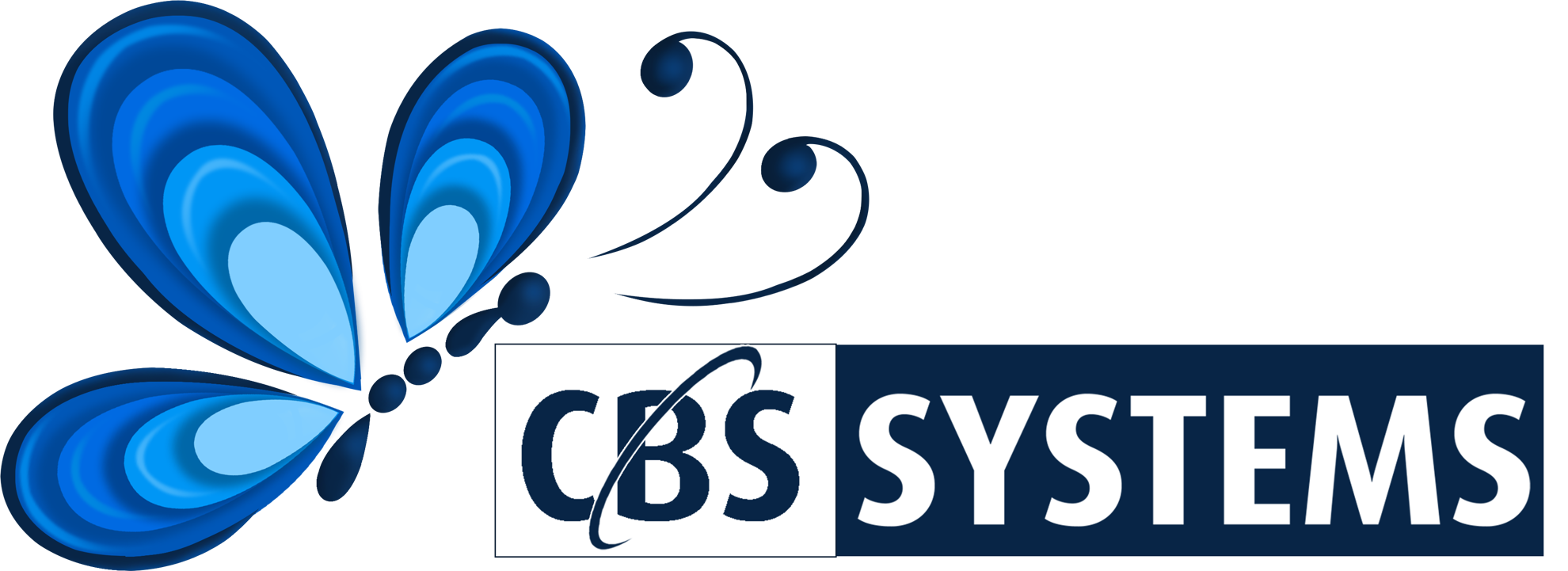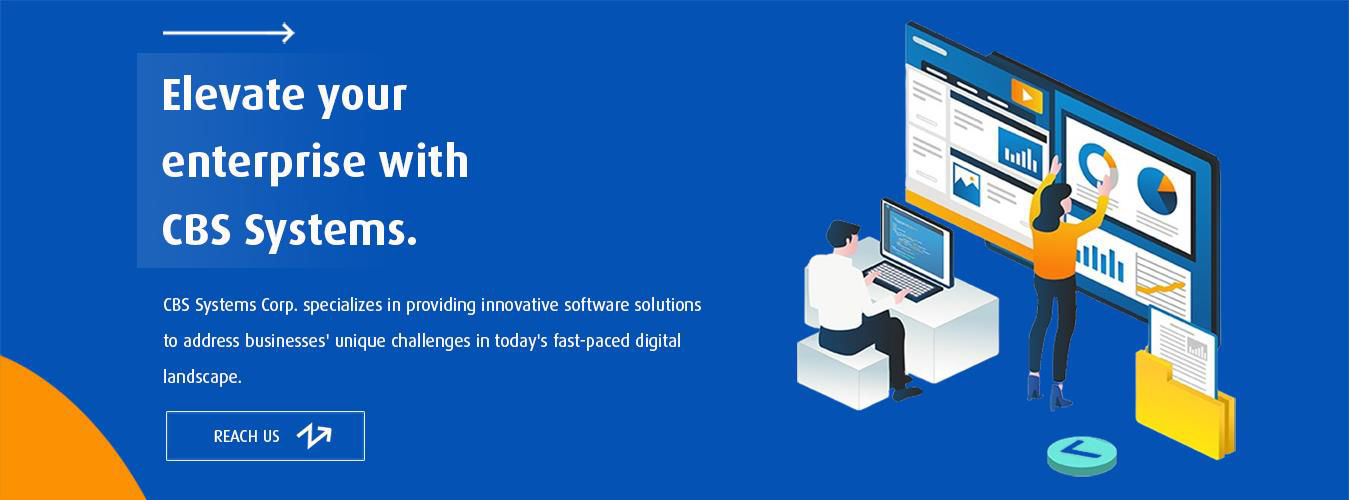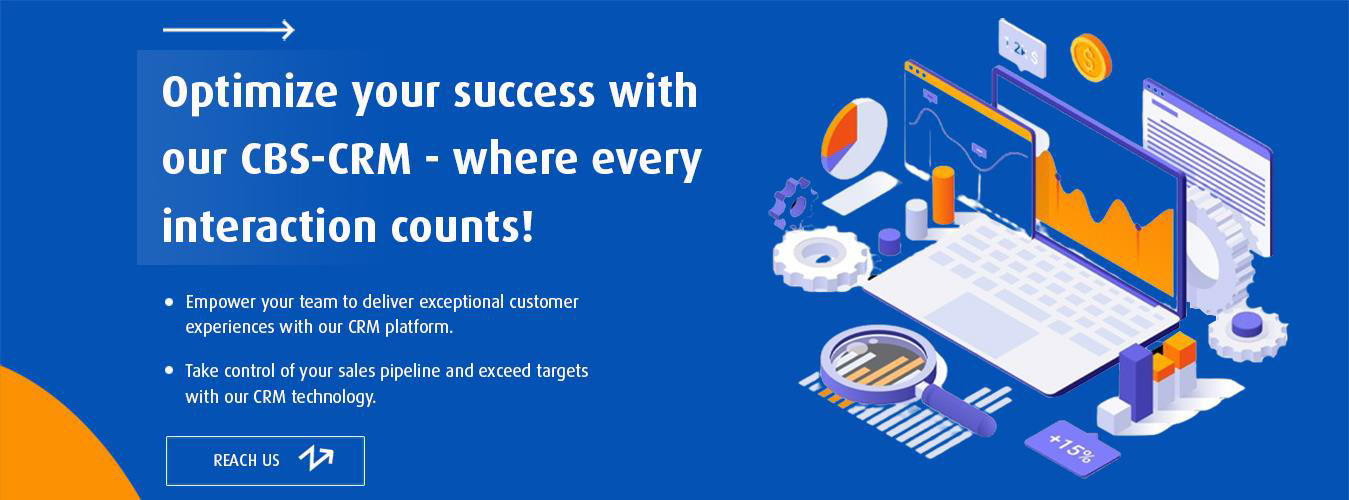Introduction:
Offering a superior product or service is not enough to keep you ahead of the competition in today's fiercely competitive business world. It involves establishing and preserving deep connections with clients, learning about their needs, and providing tailored experiences. Systems for customer relationship management (CRM) are useful in this situation. In this blog post, we'll look at how CRM helps modern, competitive firms achieve their objectives and succeed by acting as a strategic asset rather than merely a tool.
Enhanced Customer Insights:
Providing insightful data on customer behavior, preferences, and trends is one of the main ways CRM helps contemporary, competitive firms. CRM systems allow firms to obtain a 360-degree view of their operations by gathering and evaluating data from a variety of touchpoints, such as sales transactions, marketing efforts, and customer support contacts. of their customers. This deeper understanding allows businesses to anticipate needs, identify opportunities, and tailor their offerings to meet customer expectations more effectively.
Streamlined Communication and Collaboration:
CBS-CRM system functions as a primary point of contact and coordination for departmental collaboration and communication. CRM makes it easier for teams to collaborate in real-time and share information easily, whether they are working on product development, sales, marketing, or customer care. Ensuring that all parties are in agreement on customer encounters, sales possibilities, and service concerns, improves customer outcomes and streamlines operations.
Tailored customer experiences:
Customers want businesses to understand their unique requirements and preferences and provide experiences that are suited to them in this era of hyperpersonalization. CRM systems are essential for providing individualized customer experiences since they let companies segment their clientele, develop focused marketing campaigns, and provide offers and material that are pertinent to them. Businesses can use CRM data to deliver customized communications and recommendations that resonate with each customer, fostering stronger relationships and driving loyalty.
Improved Sales Performance:
CRM systems give sales teams the resources and knowledge they need to increase output and spur revenue development. CRM gives salespeople a full toolkit to improve workflow efficiency and complete transactions faster, from handling leads and prospects to projecting sales and evaluating pipeline KPIs. CRM helps sales teams focus on actions that yield results, identify the most promising possibilities, and prioritize their efforts with tools like lead scoring, automated follow-ups, and sales analytics.
Adaptability and Agility:
Staying competitive in the fast-paced corporate world of today requires agility and adaptation. CRM solutions give companies the scalability and flexibility they need to adjust to shifting consumer tastes, market dynamics, and organizational needs. Whether expanding business operations, introducing new goods, or breaking into, CRM systems can be customized and configured to support evolving business needs, ensuring that businesses can stay agile and responsive in the face of uncertainty.
Conclusion:
In summary, CRM is a strategic asset that helps modern, competitive firms achieve their objectives and achieve success, much beyond its use as a software tool. CRM systems are essential for organizations to prosper in the fast-paced market of today. They may facilitate individualized experiences, improve sales effectiveness, and improve customer insights. Businesses may outperform the competition, forge closer bonds with their clients, and seize fresh chances for expansion and innovation by utilizing CRM.



